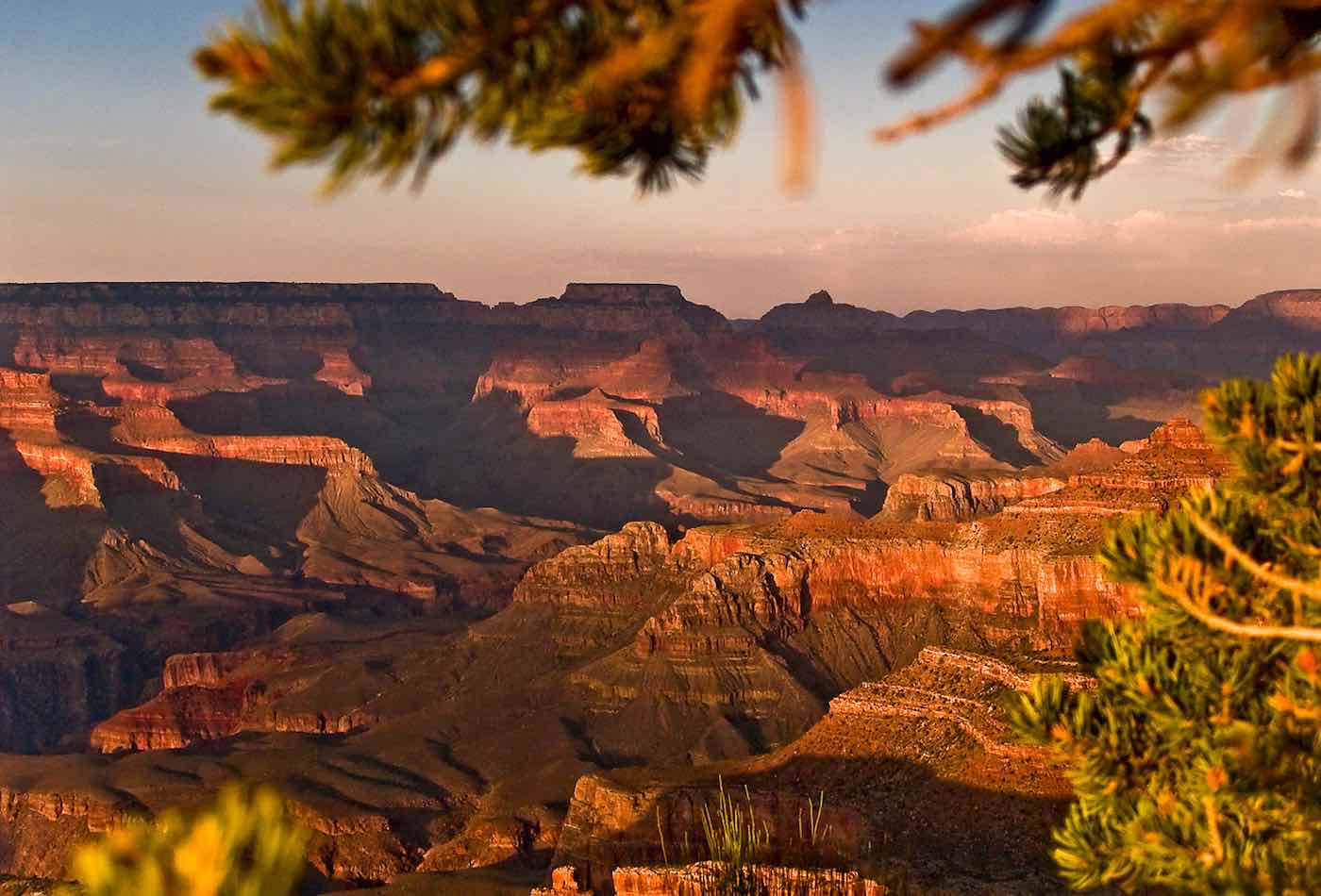Three Bold Resolutions That Reaffirm America’s Commitment To Conservation Pass in the U.S. House of Congress
The U.S. House of Representatives just used a 55 year-old law to bring under federal protection hundreds of thousands of additional wilderness in Colorado’s White River National Forest, San Juan Mountains, and lands around the Thompson Divide.
The 1964 Wilderness Act, written by The Wilderness Society’s Howard Zahniser created the National Wilderness Preservation System, which has protected over 100 million acres of wilderness areas from coast to coast.
“A wilderness, in contrast with those areas where man and his own works dominate the landscape, is hereby recognized as an area where the earth and its community of life are untrammeled by man,” wrote Zahniser, ”where man himself is a visitor who does not remain.”
The new Colorado Outdoor Recreation and Economy Act (CORE), which faces an uphill battle in the US Senate, adds 400,000 acres to the list of federally protected wilderness and management areas.
These Wilderness Areas had comprised 111 million of the almost 700 million aces that make up the public land system in America. In total, 5% of the United States is considered wilderness—and normally reserved for lands and ecosystems that are exceptionally well-preserved, existentially-threatened, or whose wildlife are in dire need of time to recover.
RELATED: Businessman Uses Nature’s Wisdom to Transform Drought-ruined Texas Hills into Lush Landscape
An additional 28,676 acres, also in Colorado, will be preserved in the new resolution as the Camp Hale National Historic Landscape—which unlike wilderness areas—are designated for the purpose of preserving historical structures, lands, settlements, and archaeological sites that document the history of our nation.
The Grand Canyon Centennial Protection Act
Another new law, designated as H.R. 1373, which also passed the House, celebrates the 100th anniversary of the Grand Canyon being added to the list of America’s National Parks.
The text of this resolution is brief but powerful, according to the World At Large news website, a statement that typifies America’s commitment to conservation.
RELATED: U.S. Contributes to $100 Million Public-Private Partnership to Preserve Wetlands and Waterfowl
It removes, subject to existing rights, 1 million acres that make up the Colorado River watershed, surrounding environment, and cultural landscape from ever being subject to patent or entry by mining laws, entry or operation under any geothermal or mining leasing laws, and any form of disposal or appropriation under public lands laws.
The move is meant to enshrine the Grand Canyon, the ecosystem that created it, and the cultures that dwelt around it, forever for the enjoyment of ‘We the People’.
(Featured photo by Paul Fundenburg, CC license)
SHARE the News With Wilderness Fans on Social Media…




















